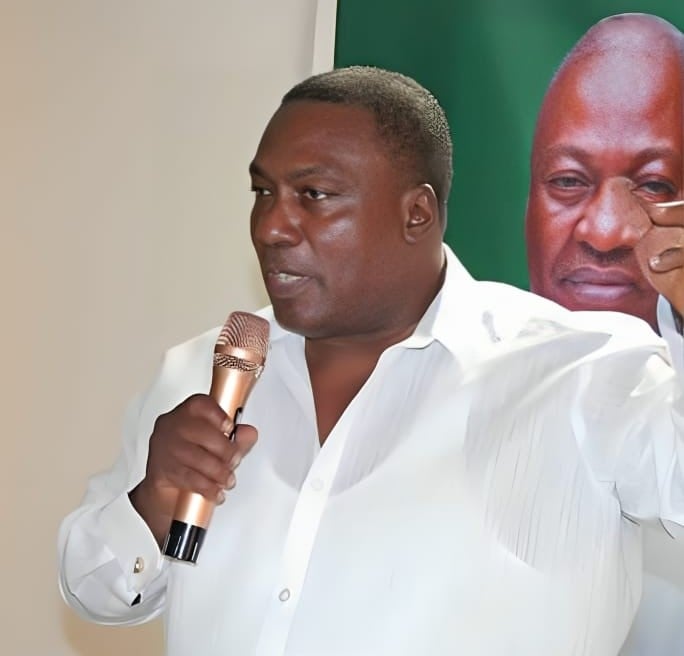Horace Nii Ayi Ankrah, a key figure in Ghana’s opposition National Democratic Congress (NDC) and a well-known former diplomat, has publicly lambasted Vice President Dr. Mahamudu Bawumia, labeling him as “unserious, clueless, and ignorant.” Ankrah argues that the criteria for selecting the next leader of Ghana should encompass more than just economic performance, employment, education, and healthcare. He contends that “character” is crucial in the upcoming elections. His remarks are particularly significant as the nation approaches the 2024 general elections, stirring political discourse within the country. The former diplomat has expressed persistent criticism against Dr. Bawumia, who currently leads the ruling New Patriotic Party (NPP), indicating that Ankrah feels strongly about the Vice President’s inadequacies.
In his series of interviews leading up to the elections, Ankrah has emphasized the importance of character in political leadership, stating that Dr. Bawumia’s actions reveal a disconcerting lack of seriousness, responsibility, and understanding. He articulated that the Vice President’s approach to governance has been defined by empty promises and a need for validation, often failing to take accountability for the myriad issues plaguing the nation. Particularly frustrated with Bawumia’s management of critical national issues, Ankrah believes that the Vice President’s handling of the economy reflects an alarming ignorance of the challenges facing everyday Ghanaians.
Ankrah has expressed concern regarding the economic management under Dr. Bawumia’s leadership, asserting that the Vice President’s policies have exacerbated the economic hardships that the country is currently experiencing. He criticized Bawumia’s understanding of economic fundamentals, positing that instead of resolving pressing issues such as the rising cost of living, inflation, and unemployment, Bawumia has devolved into political rhetoric and superficial gimmicks. Ankrah points out that the Vice President’s academic credentials as an economist have not translated into effective governance or sound policy solutions for the pressing issues that Ghanaians face daily.
Highlighting the increasing discontent among the populace, Ankrah mentioned that many Ghanaians had initially placed great faith in Bawumia’s purported expertise to drive economic transformation. However, he argues that the present reality contradicts these expectations. With the nation grappling with severe economic challenges, including soaring debt levels and a depreciating currency, Ankrah contends that Bawumia’s failure to fulfill his promises of economic revitalization has led to widespread disenchantment amongst the citizenry. From this perspective, Ankrah portrays Bawumia not as a competent leader but as someone whose actions contribute to a deepening crisis.
The political critique from Ankrah comes at a time when the stakes in Ghanaian politics are high, especially with the impending elections. He believes the electorate must seriously consider character alongside traditional metrics of performance when deciding who to support. The implications of Ankrah’s comments extend beyond party lines; they resonate with voters who are increasingly frustrated with the government’s inability to mitigate economic stressors. Bawumia’s approach, according to Ankrah, has not only undermined public trust but has also created a disconnect between the government and the needs of ordinary Ghanaians.
In conclusion, Horace Nii Ayi Ankrah’s pointed criticisms of Dr. Bawumia reflect broader discontent with the current administration’s handling of the economy and social issues. As the 2024 elections draw closer, the discussions surrounding leadership character take center stage, emphasizing that Ghanaians seek leaders who are not only capable but also genuinely committed to solving the pressing issues they face. Ankrah’s remarks spotlight the urgent need for accountable governance that can effectively respond to the realities of Ghanaians’ daily lives, marking a pivotal moment in Ghana’s political landscape as citizens prepare to make fundamental choices about their leadership.














